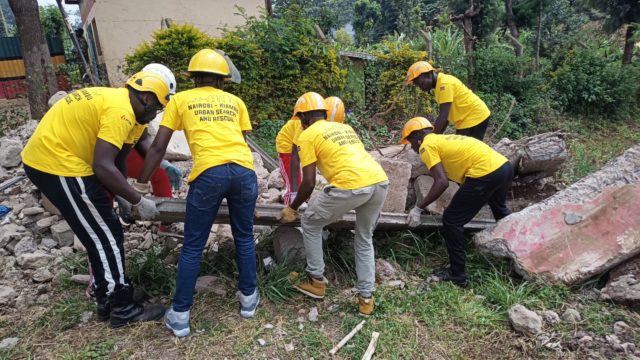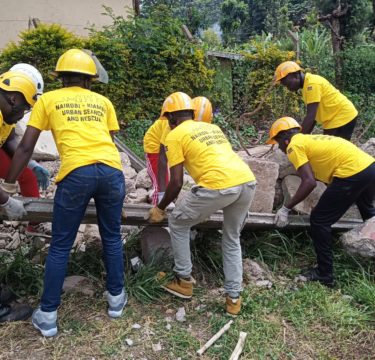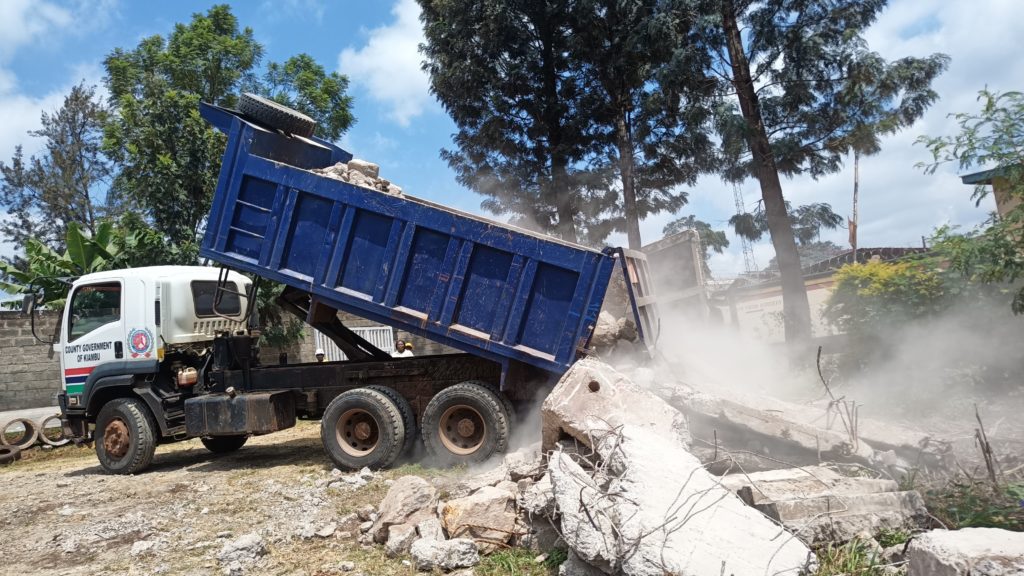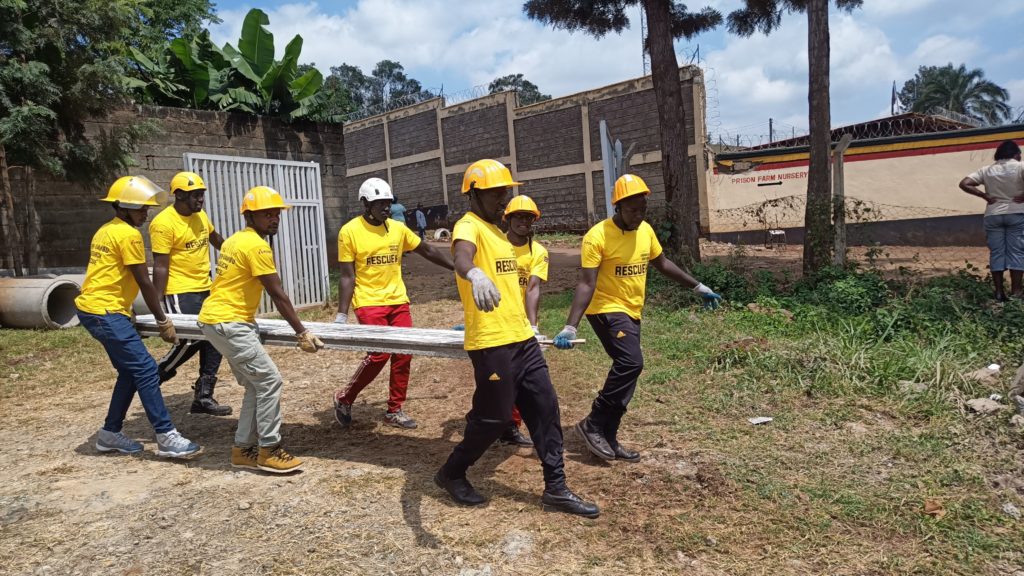PCPM creates the first search and rescue team in Kenya


In the past six years alone, Nairobi has experienced 29 building collapses, resulting in 58 deaths. However, this is not the total number of incidents, and the actual number of victims may be higher. The Polish Center for International Aid (PCPM), which has been developing the fire service in this country for ten years, will now help create the first search and rescue team. It will be the first such group in Kenya to assist victims of such accidents.
“We tried to climb up there; we tried to crawl in to pull them out,” said the 36-year-old to Reuters, as the wooden frame of his parents’ bed still protruded from the rubble. The building collapse unfortunately ended with the death of two people.
The collapse occurred in Ruaka, located northwest of Nairobi. The death of the 36-year-old’s parents is not an isolated case. Between 2017 and 2023, 29 building collapses were recorded in the Nairobi metropolitan area, resulting in 58 deaths and 116 injuries. Between 2009 and 2019, the Kenyan National Construction Authority recorded 87 collapses across the country. Importantly, this is certainly not the total number, as many buildings have not been reported to the authorities.
Nairobi, the capital of Kenya, is home to over 4.5 million people, and the population continues to grow. The city is rapidly developing into a metropolis. Many Kenyans move to the capital for work, and the demand for housing is enormous. Buildings are often constructed without permits, and as a result, the national authority can only count some of the lapses.
Apart from Morocco, Algeria, and South Africa, there are no civilian search and rescue teams (USAR) in Africa. However, building collapses are a regular occurrence in almost every African metropolis,” says Wojtek Wilk, president of the PCPM Foundation.
Such incidents are becoming more frequent. For example, in the Mathare district of Nairobi in May, after heavy rains caused a local river to overflow, dozens of people died in the floods, and thousands more left their homes. Across the country, heavy rains killed at least 289 people and destroyed many homes and buildings.
Despite the top-down order to leave flood-prone areas, people lived in
flooded buildings. Authorities began demolishing homes deemed illegal on coastal lands. However, many collapsed on their own. Unfortunately, some buildings were still inhabited.
Polish aid
Since 2014, the Polish Center for International Aid (PCPM) has implemented a fundamental systemic change in Kenya. Thanks to the PCPM Foundation, the number of fire stations in Kenya has increased from 26 to 71, and the number of firefighters from 450 to over 1,500. PCPM has trained over 60% of Kenya’s firefighting personnel.
Among those trained by Polish specialists were firefighters who helped after the heavy rains in Kenya. Moreover, the PCPM Foundation created and implemented a national system of certified training and recognition of professional qualifications. As a result, in 2024, for the first time in Kenya’s history, 103 people received diplomas with the professional title of “firefighter.”
After ten years, it’s time for the next stage in developing the fire service. Despite numerous building collapses in Kenya, no search and rescue team specializes in rubble work. However, this will change between 2024 and 2026. Effective services like the fire department perform many tasks, and firefighting is just one of them. At the request of the Kenyan Ministry of Interior and the National Disaster Management Unit, PCPM will focus on building a search and rescue team.


Initially, the foundation will expand the fire training ground in Kiambu to include a section for rubble training.
“We built an entire fire training ground in Kiambu, where Kenyan firefighters hone their skills. At first, Polish firefighters were the instructors. Still, after years of our work, Kenya now has a broad cadre of instructors who pass on their knowledge,” says Rafał Własinowicz, a firefighter collaborating with the PCPM Foundation in Kenya.
“Now, we are expanding the capabilities of the fire training ground in Kiambu to include rubble training. In the coming years, we will purchase and provide the necessary equipment and, most importantly, train instructors and firefighters who will form the country’s first search and rescue team,” adds Magda Jarocka, the project coordinator in Kenya.